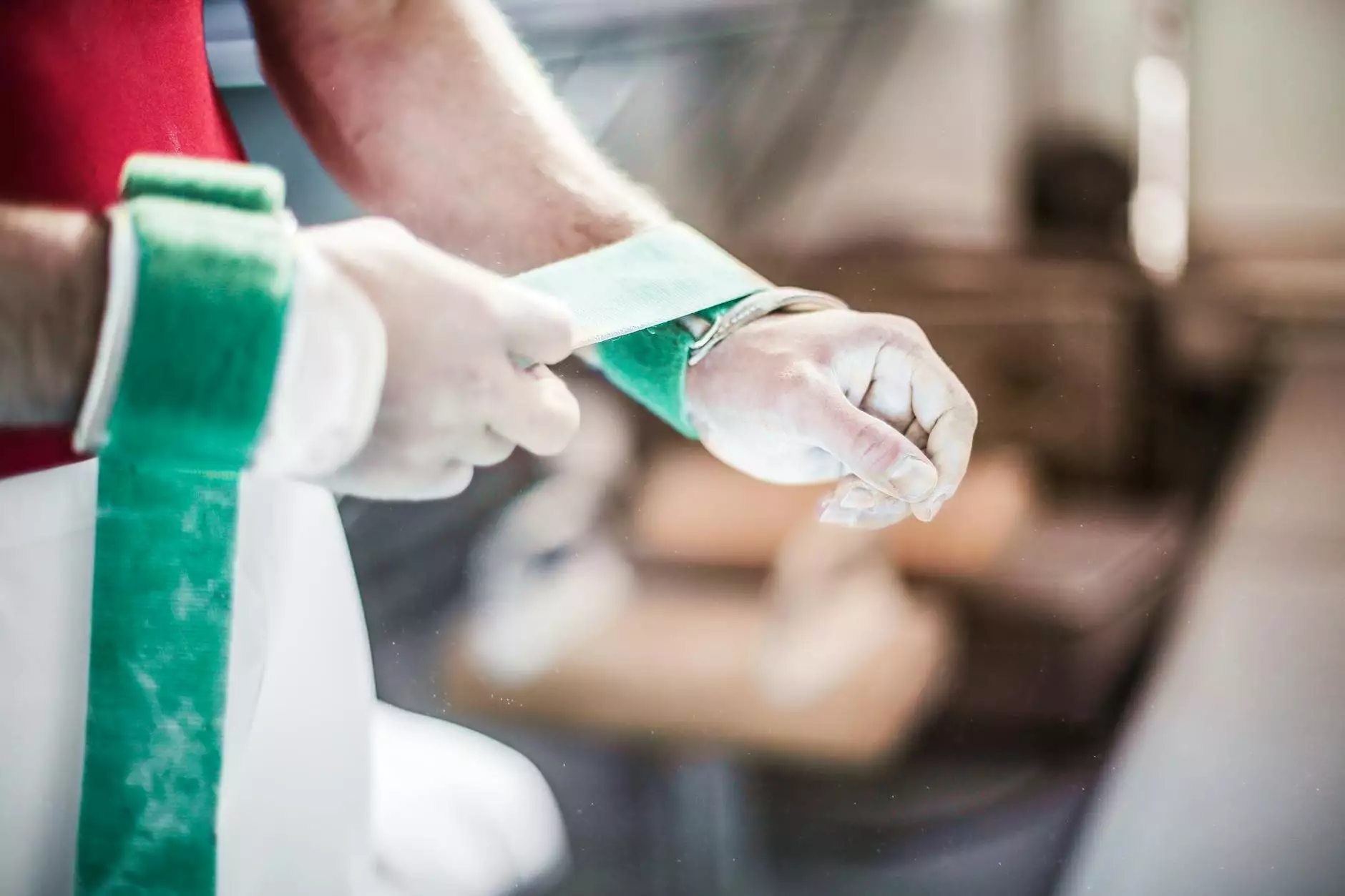Sleeve Gastrectomy Recovery: A Comprehensive Guide to a Healthier Life

Sleeve gastrectomy is a popular weight loss surgery that helps individuals achieve their health goals by significantly reducing the size of the stomach. This procedure not only aids in weight loss but also has the potential to improve or resolve related health conditions such as diabetes, hypertension, and sleep apnea. However, successful recovery is crucial for maximizing the benefits of the surgery. In this article, we will delve into the process of sleeve gastrectomy recovery, providing detailed insights on what to expect, recovery milestones, and tips for a healthy post-surgery life.
What is Sleeve Gastrectomy?
Sleeve gastrectomy is a minimally invasive surgical procedure where approximately 80% of the stomach is removed. This leaves a smaller, sleeve-shaped stomach about the size of a banana. The surgery works by not only restricting the amount of food one can consume but also by altering hunger hormones to promote a feeling of fullness. As a result, patients experience significant weight loss and improvements in their overall health.
The Importance of Recovery
Recovery from sleeve gastrectomy is a vital phase that determines the long-term success of the surgery. A smooth recovery period allows patients to adjust to their new dietary habits and lifestyle changes. Engaging in proper recovery practices can lead to:
- Enhanced weight loss
- Improved health outcomes
- Better adjustment to dietary changes
- Reduced risk of complications
- Quick return to daily activities
Understanding the Recovery Timeline
The recovery timeline after sleeve gastrectomy can vary from patient to patient, but it typically follows a general pattern. Here’s a breakdown of the recovery phases:
1. Hospital Stay
Most patients spend one to two days in the hospital post-surgery. During this time, medical staff will monitor your vital signs, manage pain, and start early mobility to prevent complications.
2. First Week
After discharge, the first week is primarily focused on healing. Patients should adhere to a liquid diet, which includes:
- Broths
- Clear juices
- Protein shakes
- Water
Hydration is crucial, and patients should consume small amounts frequently throughout the day.
3. Two Weeks Post-Surgery
At this stage, patients can usually transition to a pureed diet. Foods should be soft and easy to digest, such as:
- Pureed fruits
- Pureed vegetables
- Applesauce
- Low-fat yogurt
Incorporating protein sources is essential for healing, so consider adding protein powders or low-fat dairy products.
4. One Month After Surgery
By the end of the first month, patients can begin to include more solid foods into their diet, focusing on high-protein and nutrient-rich items while still avoiding high-sugar and high-fat foods.
Managing Pain and Discomfort
Many patients experience discomfort post-surgery, which is normal. Managing this pain effectively is key to a successful recovery. Tips include:
- Taking prescribed medications as directed.
- Using ice packs to alleviate swelling.
- Engaging in light walking to promote blood flow.
Recognizing Complications
While most recoveries are uneventful, it is critical for patients to recognize signs of potential complications. Seek immediate medical attention if you experience:
- Severe abdominal pain
- Persistent vomiting
- Signs of infection (fever, chills)
- Rapid heart rate
- Chest pain
Long-Term Lifestyle Changes
Recovery from sleeve gastrectomy is just the beginning of a new chapter focused on health and wellness. To maintain successful weight loss and overall well-being, consider the following changes:
1. Dietary Modifications
Adopting a balanced and sustainable diet is paramount. Focus on:
- Protein-rich foods to aid healing and satiety.
- Fruits and vegetables for essential vitamins and minerals.
- Whole grains for fiber, which aids digestion.
- Limiting processed foods and sugars.
2. Regular Exercise
Incorporating regular physical activity into your routine is essential for maintaining a healthy weight. Begin with gentle activities such as walking or swimming and gradually progress to more vigorous exercises as your strength and stamina increase.
3. Ongoing Support
Joining support groups or working with healthcare professionals can help you stay accountable and motivated. Consider seeking help from:
- Dietitians specializing in post-bariatric surgery nutrition.
- Counselors to manage emotional aspects of weight loss.
- Support groups for individuals undergoing similar experiences.
Conclusion
In conclusion, sleeve gastrectomy recovery is a pivotal stage in the weight loss journey that can lead to significant improvements in health and well-being. By understanding the recovery process, engaging in healthy lifestyle choices, and being aware of the importance of ongoing care and support, patients can achieve their health goals more effectively. Remember, the journey towards a healthier life begins with informed choices and dedicated actions. Embrace this change, and you’ll pave the way for a brighter, healthier future.
For more information on sleeve gastrectomy and our services in general dentistry, cosmetic dentistry, and surgical options, visit us at Clinic Health Beauty.









